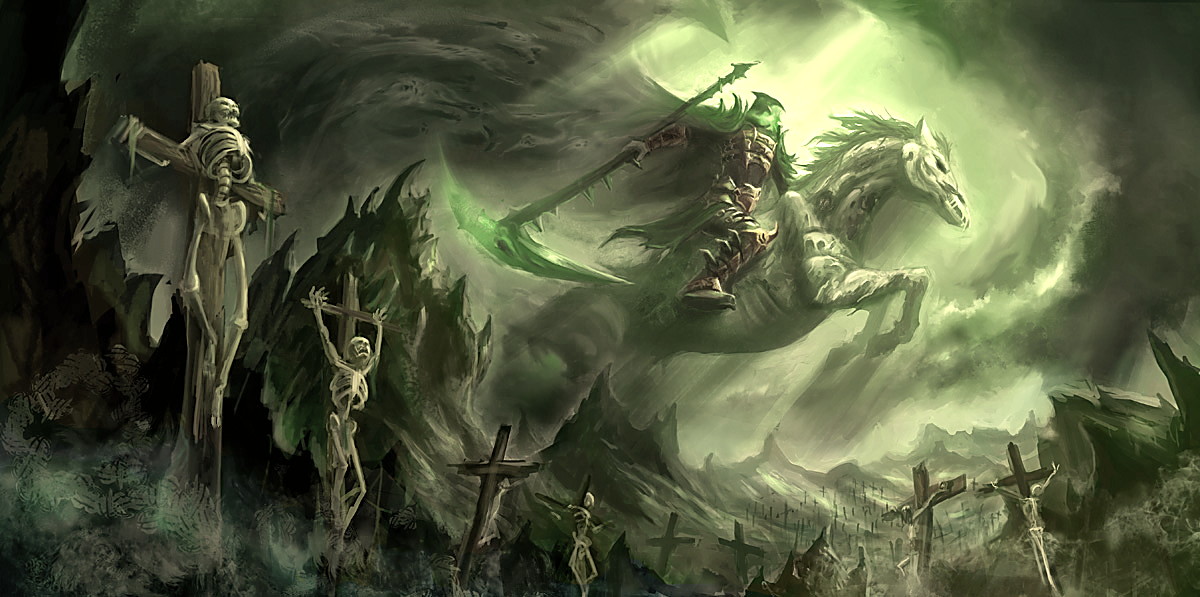The Coming Famine
By Peter Goodchild
http://www.survivepeakoil.blogspot.ca/2016/02/the-coming-famine.html

Humanity has struggled to survive through the millennia in terms of Nature's tendency to balance population size with food supply. The same is true now, but population numbers have been soaring for over a century. Oil, the limiting factor, is close to or beyond its peak extraction. Without ample, free-flowing oil, it will not be possible to support a population of several billion for long. Without fossil fuels for fertilizer and pesticides, as well as for cultivating and harvesting, crop yields drop by more than two-thirds (Pimentel, 1984; Pimentel & Hall, 1984; Pimentel & Pimentel, 2007).
Over the next few decades, there will be famine on a scale many times larger than ever before in human history. It is possible, of course, that warfare and plague, for example, will take their toll to a large extent before famine claims its victims. The distinctions, in any case, can never be absolute: often "war + drought = famine" (Devereux, 2000, p. 15), especially in sub-Saharan Africa, but there are several other combinations of factors.

Although, when discussing theories of famine, economists generally use the term "neo-malthusian" in a derogatory manner, the coming famine will be very much a case of an imbalance between population and resources. The ultimate cause will be fossil-fuel depletion, not government policy (as in the days of Stalin or Mao), warfare, ethnic discrimination, bad weather, poor methods of distribution, inadequate transportation, livestock diseases, or any of the other variables that have often turned mere hunger into genuine starvation.
The increase in the world’s population has followed a simple curve: from about 1.7 billion in 1900 to over 7 billion today. A quick glance at a chart of world population growth, on a broader time scale, shows a line that runs almost horizontally for thousands of years, and then makes an almost vertical ascent as it approaches the present. That is not just an amusing curiosity. It is a shocking fact that should have awakened humanity to the realization that something is dreadfully wrong.
Mankind is always prey to its own "exuberance," to use Catton’s term. That has certainly been true of population growth. In many cultures, "Do you have any children?" or, "How many children do you have?" is a form of greeting or civility almost equivalent to "How do you do?" or, "Nice to meet you." World population growth, nevertheless, has always been ecologically hazardous. With every increase in human numbers we are only barely able to keep up with the demand: providing all those people with food and water has not been easy. We are always pushing ourselves to the limits of Earth’s ability to hold us (Catton, 1982).
The Great Global Famine - The Aftermath of Peak Oil


No comments:
Post a Comment